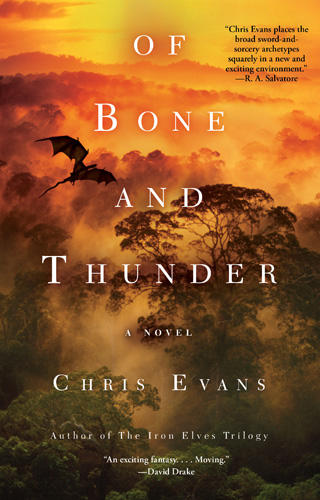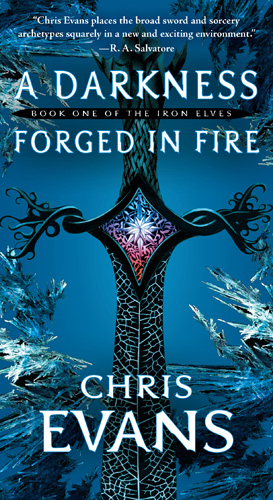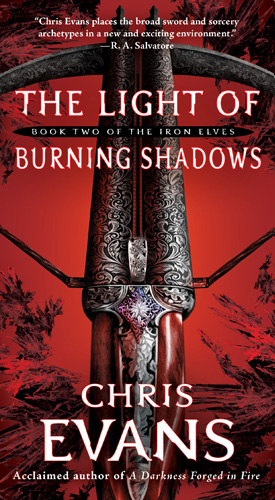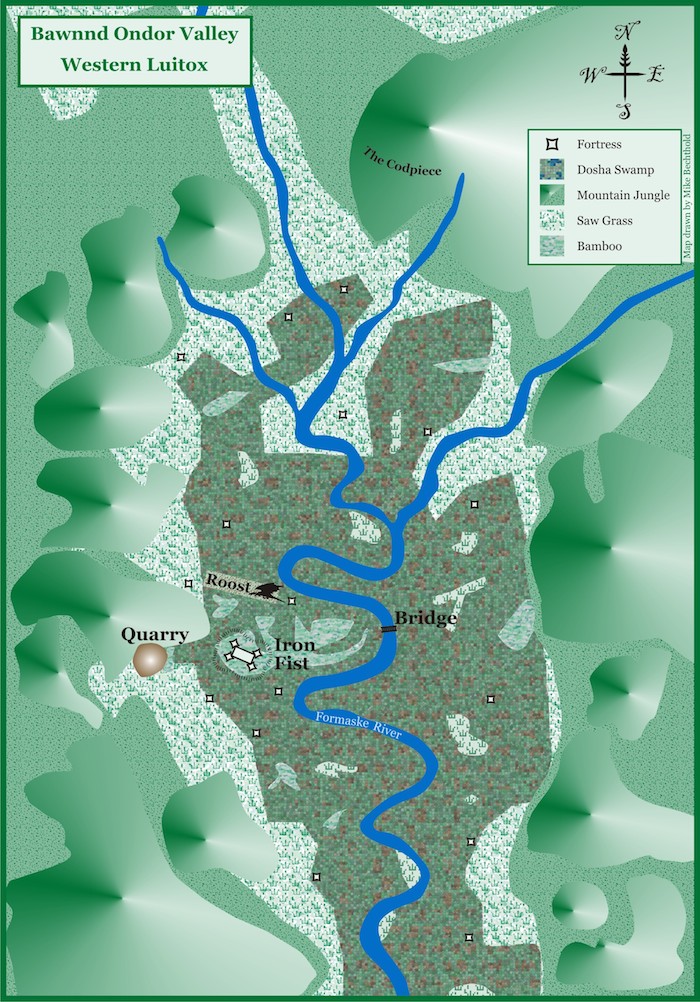In an age of instant access to virtually infinite amounts of information it still surprises me that so many writers don’t bother to do even minimal research before contacting a publisher. I’m sure you’ve heard this many times before, but I’ll repeat it anyway because I really want writers to know that editors are overworked, under-appreciated, convinced-of-their-genius, capricious, and generally looking for an excuse, any excuse, to reject a manuscript. Most are genuinely nice people, too, but they save that for after hours or for writers they actually work with. Seriously, most editors are in a perpetual state of swamped. The quickest way to put a smile on their faces is to give them a reason to reject your manuscript…without reading it. Yes, without reading it. And they won’t lose a wink of sleep over it either wondering if they passed up the next Harry Potter, DaVinci Code or Kite Runner. Personally, I will kill a manuscript in a heartbeat for any of the following:
1. To Whom It May Concern – My name is Chris, it’s on the website, it’s in the catalog, it’s in several books and web pages on publishing markets, and it’s even in many acknowledgments so if you still couldn’t find it then you really are clueless or so impatient that in either case I want nothing to do with you…but I’ll certainly have my assistant send you a lovely form rejection letter.
2. Unprofessional emails or letters – Honest-to-freaking-god you never, ever write to an editor in lower case! ‘hey dude, i just wrote this amazing book’ would probably be rejected by editors at Surfer’s Monthly, let alone everywhere else. Email is not an excuse for bad grammar. You may despise me and all I stand for (which means we may have dated at some point,) but if you are at all interested in having me look at your manuscript then at least pretend to be professional and fake some respect.
3. Impatience – Do you remember sitting in the back seat of the car as a child on a long trip and repeatedly asking your parents if you were there yet? Do you recall their reaction? Was it lots of hugs and candy, or various threats to pull over, turn around and/or sell you to the first band of traveling gypsies they saw? This is like that. The more you ask, the more likely it becomes the editor will reject it and breathe a sigh of relief you won’t be hounding them for years to come about cover art, galleys, royalty statements and so on. See, we editors can extrapolate, and if you are this impatient now, what will you be like down the road? Going home with the gypsies, that’s where.
4. Phone calls/chance meetings – You’ve stalked me for two days at a convention, waiting for the perfect moment to bump into me and tell me about your amazing book. Guess what, there isn’t one. No editor wants to hear a plot described to them out of the blue. Same thing with a phone call. Having said that, if you bump into me and do have a book you’d like me to consider, then say that and ask how you might submit it. That let’s me tell you I’d like to see a couple of chapters and outline by email, or you can mail me your proposal, or whatever. You smile, thank me and walk away. You leave thinking I’m more of a mouth-breather than you expected and armed with a direct path to getting your manuscript read. I leave not feeling annoyed and possibly remembering the encounter without malice a week later when your manuscript shows up. Win-win.
5. My friends/mom/dog like it – Really? Your second cousin thinks it’s the greatest book he’s ever read, and he reads a lot now that he’s away for fifteen to life? Again, despise me, but play to my ego. Let me figure out how brilliant you are then, if you really are, I take all the credit for discovering you and don’t have to share it with Uncle Norton.
6. Just like LOTR only better – Talk about how some aspect of a best seller inspired you, or how this or that writer engaged your sense of wonder, but don’t tell an editor your book is going to be the next big thing. Let them tell you. And everyone else. They’re not shy, they will.
7. Oprah – Just…don’t. Please. Writing the name Oprah anywhere in a query is tantamount to admitting you suffer from a debilitating and almost certainly fatal mental illness. You will be hit by lightning, win the lottery and solve the mystery of the Bermuda Triangle before Oprah chooses your book. Really.
If this all sounds harsh and petulant congratulations, it is. It’s also reality. Editors live and die by the authors they buy, so their time and energy is devoted to them. If you want to join the stable then give yourself a chance and remember that editors, according to recent studies, are people too. They have bad hair days, feel insecure, wonder how they are still single and approaching 40…er, well, some of them might wonder that, and seek to assuage their fears and sorrows not by looking inward toward self-improvement, but in eating chocolate and finding the next great book. So avoid annoying them, and include chocolate with every submission.






